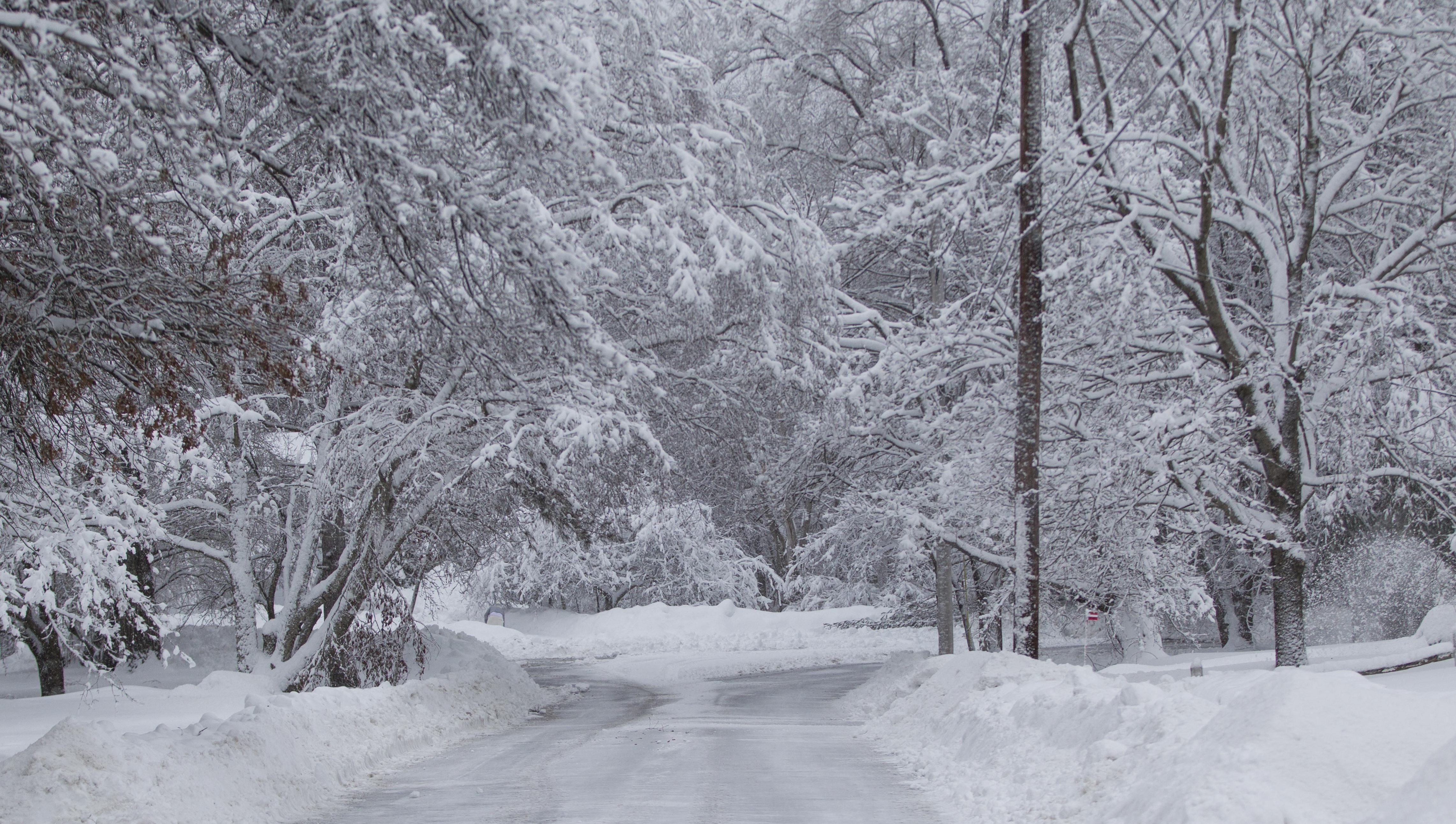Snow Storm: Understanding The Phenomenon And How To Prepare
Snow Storm: Understanding The Phenomenon And How To Prepare - Snow storms can have significant impacts on communities, affecting transportation, infrastructure, and daily life. Some of the most common effects include: After a snow storm, recovery efforts focus on clearing roads, restoring power, and assessing damage. Communities often come together to support those affected by the storm.
Snow storms can have significant impacts on communities, affecting transportation, infrastructure, and daily life. Some of the most common effects include:
Climate change is influencing weather patterns worldwide, including the frequency and intensity of snow storms. Warmer ocean temperatures and increased atmospheric moisture can contribute to more severe storms.
Communities in snow-prone areas often develop strategies to mitigate these effects, such as improving road maintenance and emergency response plans.
Communities must adapt to changing weather patterns by investing in infrastructure and emergency response systems that can handle extreme weather events.
Snow storms can have significant economic impacts, affecting industries such as transportation, agriculture, and retail. Businesses may experience losses due to closures or supply chain disruptions.

Some communities may experience long-term effects from snow storms, such as damage to infrastructure or economic losses. Developing resilient strategies can help mitigate these impacts in the future.
Staying informed about weather updates and following official advice can help you navigate the storm safely.
Governments and organizations often provide assistance to help affected communities recover from the economic impacts of snow storms.

Not all snow storms are the same. They vary in intensity, duration, and geographical impact. Below are some of the most common types of snow storms:
Nor'easters are powerful storms that occur along the eastern coast of North America. These storms are known for their strong winds and heavy precipitation, which can include snow, sleet, or rain.
If you must travel during a snow storm, ensure your vehicle is equipped with emergency supplies, such as blankets, food, and water. Drive slowly and maintain a safe distance from other vehicles.
Snow forms when water vapor in the atmosphere freezes into ice crystals. These crystals combine to form snowflakes, which fall to the ground as snow if the air temperature remains below freezing.